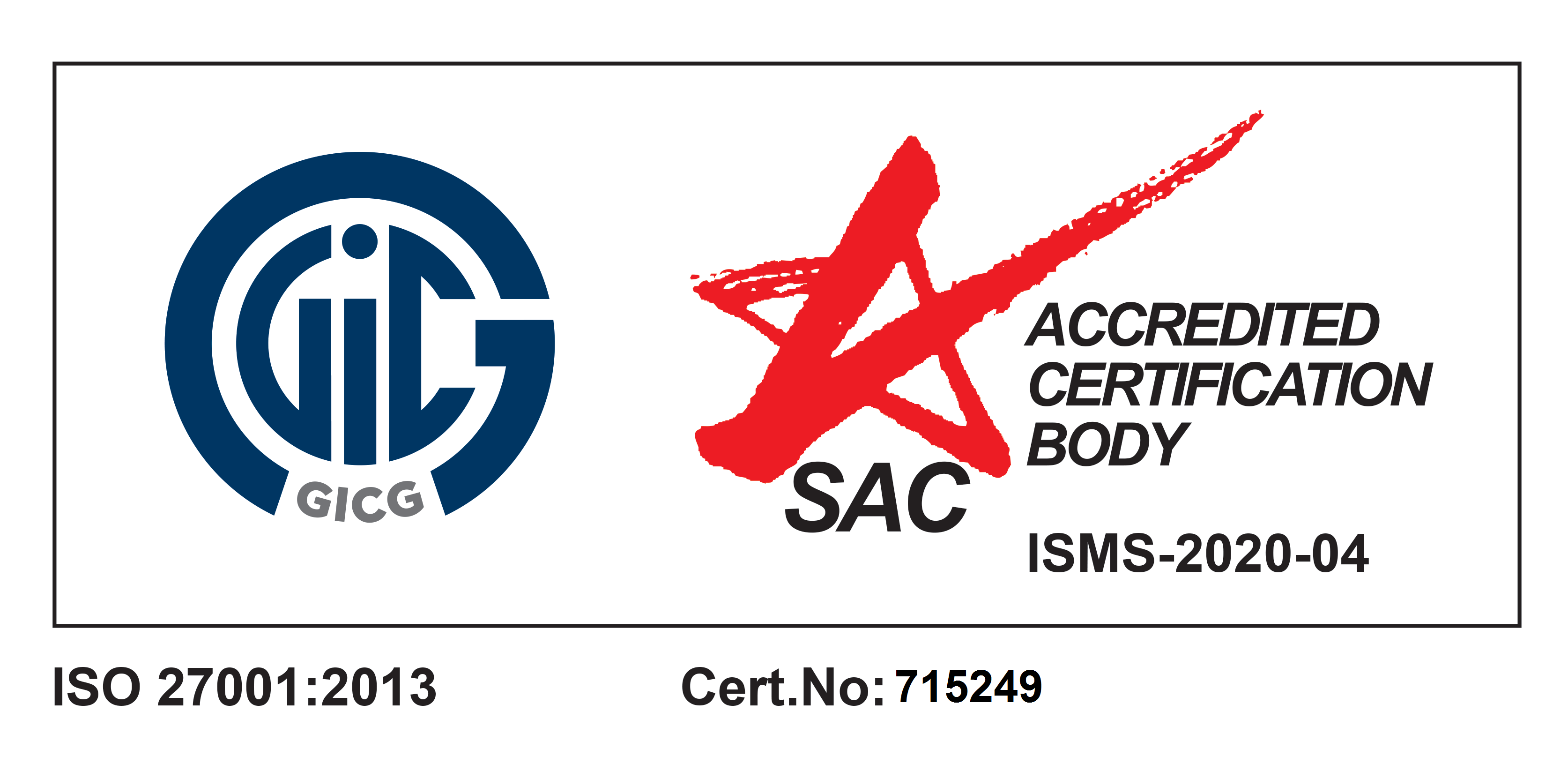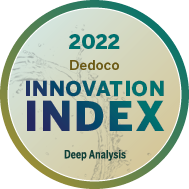The healthcare industry has been struggling with fragmented medical records, inefficient supply chains, and a lack of transparency in clinical trials and drug development.
Blockchain technology has the potential to transform healthcare and reintroduce trust in the system. It offers secure, transparent, and decentralised data storage, which resolves many of the pain points in the healthcare industry.
Here are the 5 use cases of blockchain in the healthcare industry.
1. P2P patient data network
BurstIQ allows stakeholders to access and manage patient data records from the private permissioned blockchain network in a secure manner. The platform enables users have control over their data and who they can share it with, and reward them if they decide to do so. This creates multiple use cases for clinical trials and research to access the rich patient database under specific licensing conditions.
2. Clinical trials provenance and regulatory submissions
Embleema provides an end-to-end data & bioinformatics platform to allow users to participate in studies. Data is securely stored on a private blockchain network which leaves a transparent and traceable audit trail for researchers to create data-based evidence to be submitted to the FDA.
3. P2P genomics data-sharing network
Nebula Genomics utilises the decentralised ledger technology to create a P2P network for stakeholders to share data directly to pharmaceutical and biotech companies by cutting out the intermediary parties to reduce unnecessary costs. The company is also experimenting with a use case around NFTs to allow patients to monetise and share their unique DNA data.
4. Blockchain-based pet healthcare marketplace
Vetapp is a blockchain-based marketplace that connects veterinarians with pet owners. It uses their own tokens to be used as a mode of payment within the ecosystem. The use of tokenisation unlocks unique incentives under their loyalty programme for users to interact with the platform along with the blockchain integration to IoT wearable devices.
5. Pharmaceutical supply chain management
Zeullig Pharma uses blockchain to track and trace multiple data points of pharmaceutical products like vaccines across the supply chain. The information captured on the blockchain are made accessible to consumers as a QR code on the packaging, which consumers can scan and verify key product information such as expiry date, temperature as well as the authenticity of the end-to-end supply chain information.
Implementing blockchain technology for the sake of digital transformation can be costly and ineffective. deLab by Dedoco helps enterprises assess their existing solutions and identify blockchain use cases to drive transformational growth. Whether you are looking to streamline existing processes, enhance security, or simply explore new opportunities, our team of experts will help you every step of the way.
Want to know how to use blockchain to transform your business? Contact deLab for a chat to help you stay ahead of the curve.
Reference: https://www.cryptopolitan.com/top-5-blockchain-projects-in-the-healthcare-sector-to-follow-in-2023/
.jpg)
_Full Colour.png)

